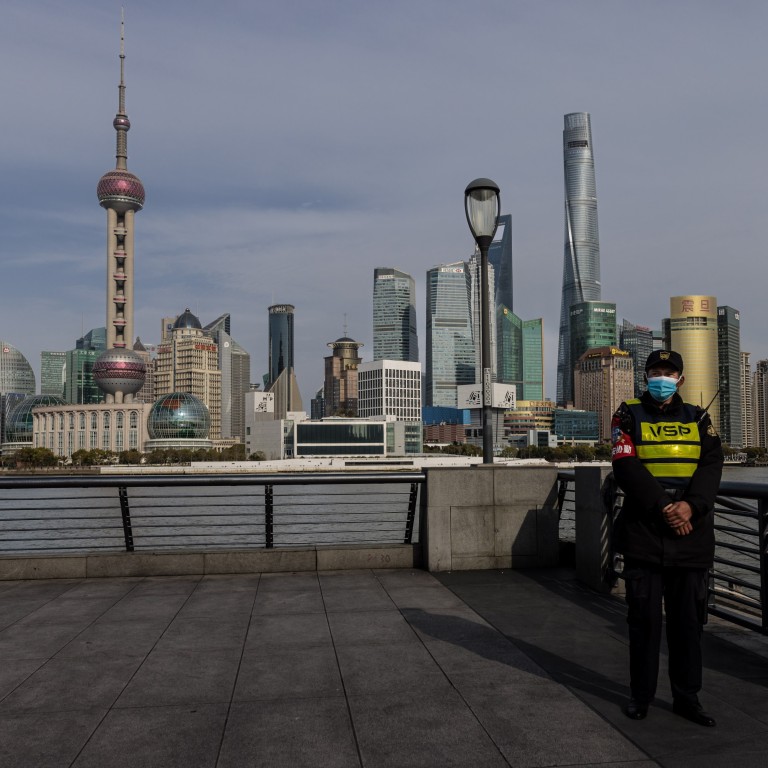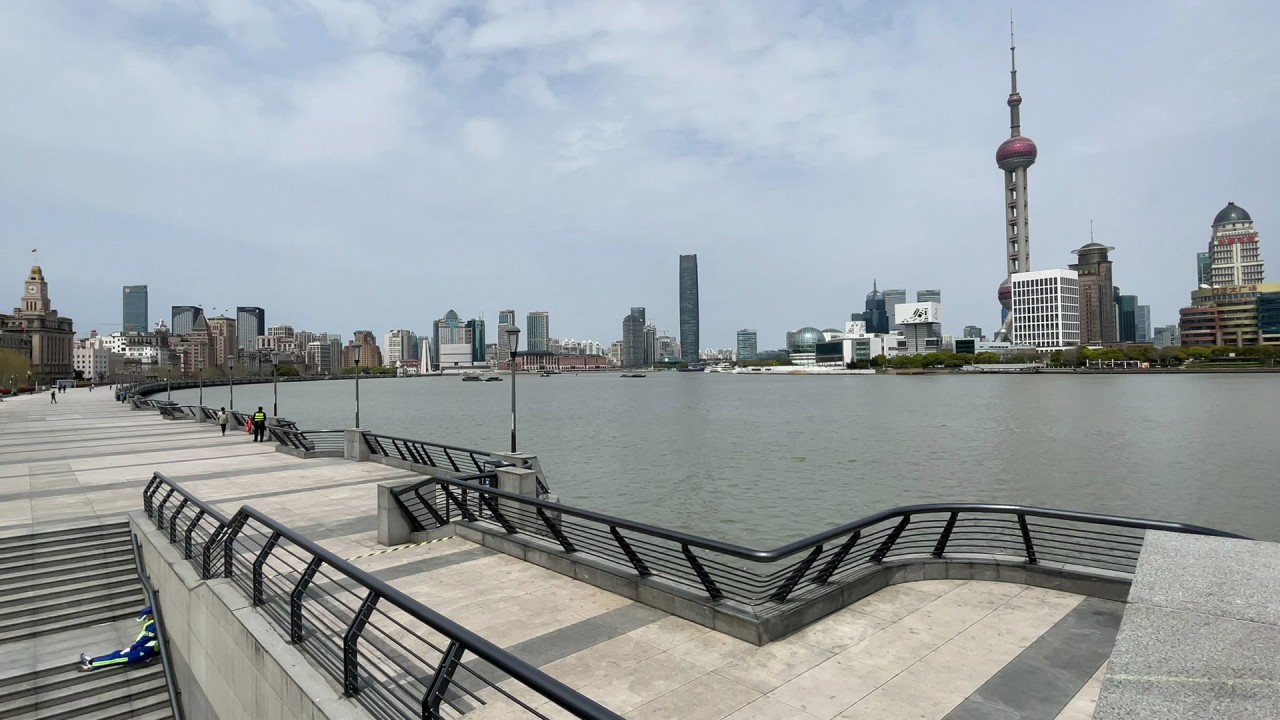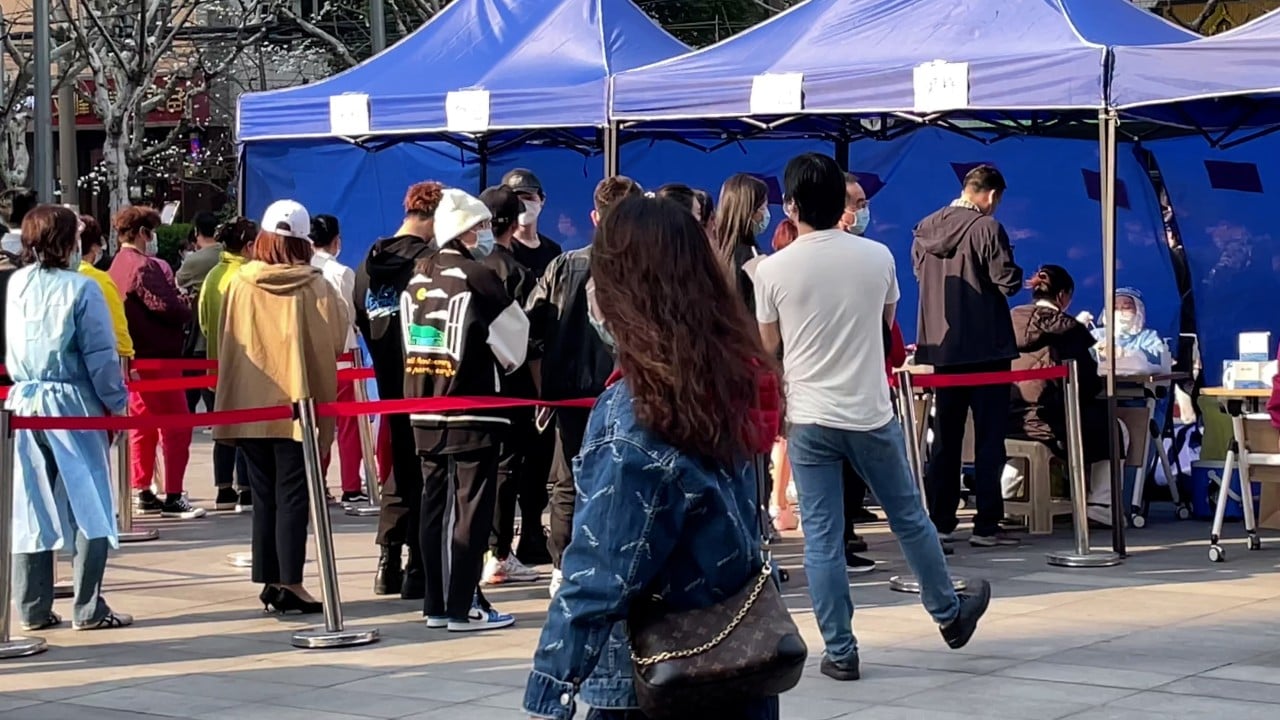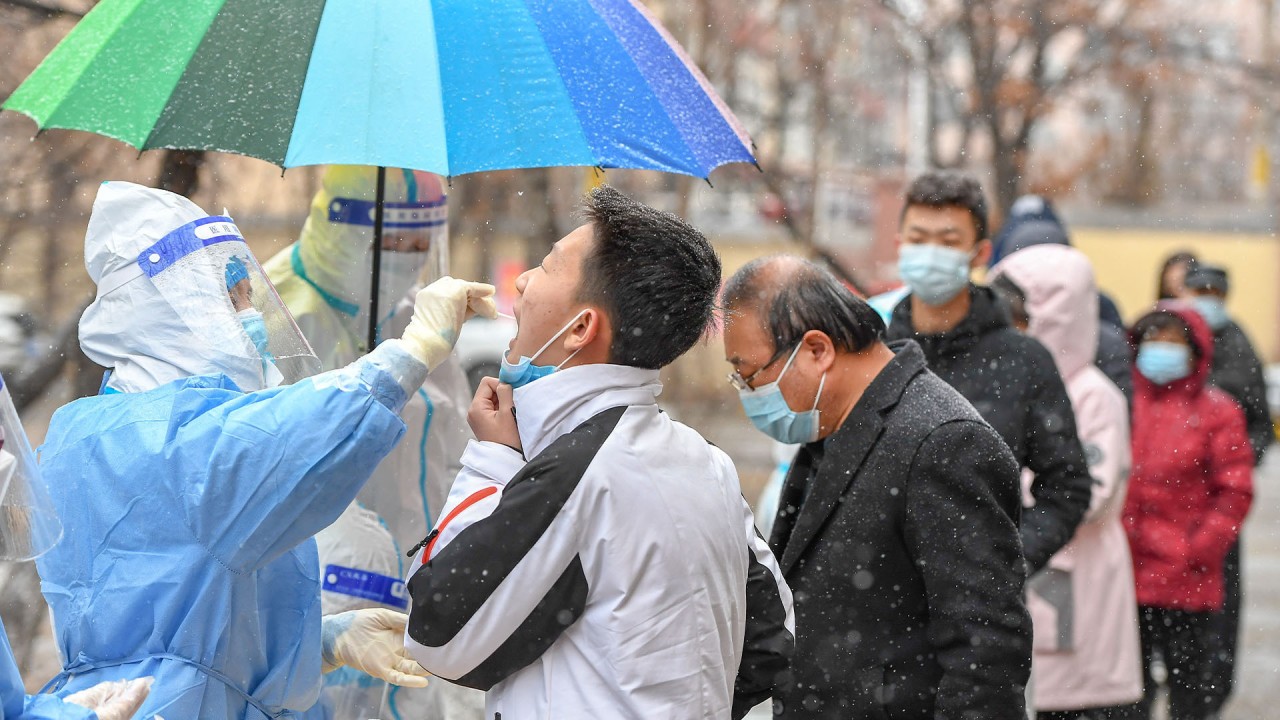
Lessons for Hong Kong from Shanghai’s lockdown: extraordinary times call for exceptional measures
- To avoid a hard landing, Shanghai has implemented a two-step lockdown and kept vital public infrastructure and transport operational, including the stock exchange and airport
- Flexibility and adaptability are key to ensuring the success of the ‘dynamic zero-Covid’ strategy; this is not the time to give up the fight
Many like to compare Hong Kong with Shanghai because the two cities share many similarities. But they also differ in a number of ways. Shanghai is, for instance, six times the size of Hong Kong, with more than three times as many people. Hong Kong is also more international in its lifestyle and outlook, with an estimated 10 per cent of its residents being foreigners, as opposed to less than 1 per cent in Shanghai.
But both are thriving modern metropolises and key financial hubs in China, boasting many multinational enterprises and foreign workers. It is often said that whatever one city does, the other does as well, rather like dancing in tandem.
Given its similarities with Shanghai, could Hong Kong impose a similar phased lockdown for mass Covid-19 testing?
Could we adopt a similar approach by prioritising different districts in accordance with the number of detected or suspected Covid-19 infections, instead of an across-the-board lockdown of the entire city?
Faced with a similar scenario, would the financial institutions in Hong Kong consider doing the same? More critically, would our financial workers be willing to hunker down to keep business running?
In fact, I don’t really see a need to instruct workers to bed down in the trading room because remote working, enabled by the many versatile mobile apps and advanced communications technology, is pretty much the new normal these days.
Besides, some workers might not take kindly to requests to remain in the office for days at a time, on the grounds that it breached their terms of employment. Ultimately, though, what matters is to maintain the spirit of working amid the challenges brought on by the pandemic.
Still, lessons can be drawn from how the financial sector has responded to the lockdown in Shanghai. As the saying goes, extraordinary times call for extraordinary measures.
Businesses in Hong Kong, particularly the sectors that are critical to the smooth running of the city – such as public transport, container ports, logistics and food supplies, as well as the financial sector – may need to be prepared to adopt exceptional measures.
Key industries may also need to review the Employment Ordinance and their respective employment contracts to ensure they do not fall foul of any laws.
The fear is that Hong Kong might very soon encounter its sixth wave. A surge in infections would render any lockdown for universal testing meaningless. Therefore, the government has to be flexible and be prepared to improvise in the battle against the pandemic.
Ken Chu is group chairman and CEO of Mission Hills Group and a national committee member of the Chinese People’s Political Consultative Conference





